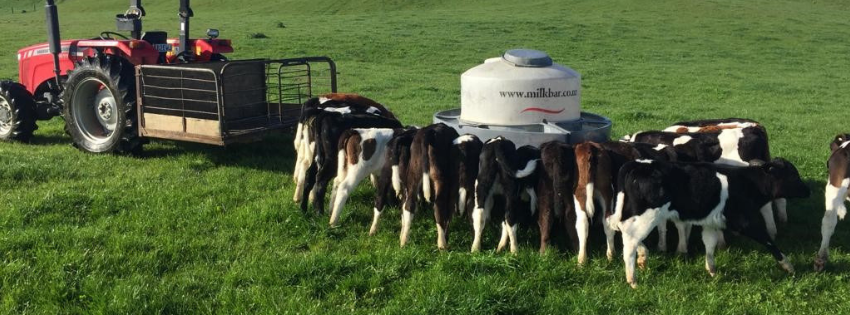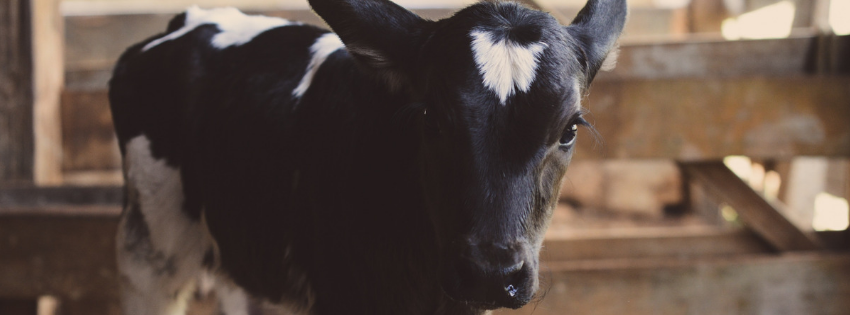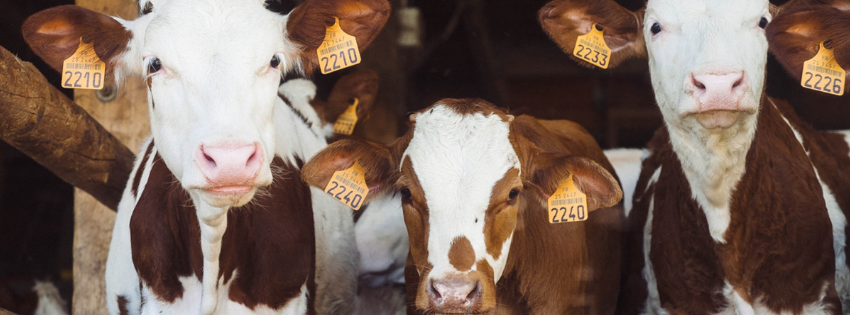- Home
- About
- Products
- MaxCare Animal App
- MaxCare Whole Milk Additive Premium
- MaxCare Probiotic Paste Premium
- MaxCare Electrolyte Premium
- MaxCare Ultimate Calf Milk Replacer
- MaxCare Premium Calf Milk Replacer
- MaxCare Classic Calf Milk Replacer
- MaxCare Essential Milk Replacer
- MaxCare Lamb & Kid Milk Replacer
- MaxCare Piglet Milk Replacer
- New Zealand Product Range
- Guidelines
- News
- Contact








